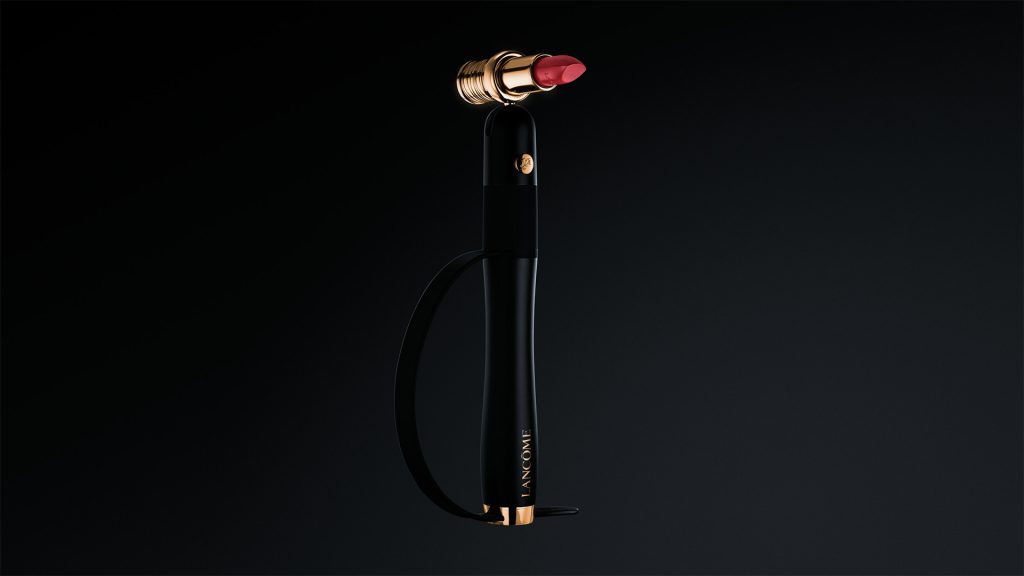L’Oréal unveils 'first-of-its-kind' ingredient to address localised pigmentation issues
L’Oréal Group has launched Melasyl, a "breakthrough" molecule designed to address localised pigmentation issues that lead to age spots and post-acne marks.
Formulations containing the new proprietary ingredient work inclusively, across all skin tones, to address pigmented marks on the skin and improve their appearance.
The launch follows 18 years of research and is the result of "rigorous tests" involving 121 scientific studies.
The innovation first launches with La Roche Posay as part of its new Mela B3 franchise, including MelaB3 serum and MelaB3 SPF30.
L’Oréal Paris and Vichy will follow with future product launches, expanding consumer access to formulations containing the new ingredient.
Anne Colonna, Global Head of Advanced Research at L’Oréal Group, said: "With half of all people reporting skin pigmentation issues and a third of these experiencing lower quality of life as a result, the impact of visible spots or post-acne marks is clearly more than skin-deep.
"Melasyl is a first-of-its-kind ingredient that helps to address localised skin pigmentation issues, with proven efficacy and wide accessibility that will enable more people to regain their self-confidence.
"Melanin enables the vast spectrum of human skin tones in all their diversity, with melanin production increasing following sun exposure to protect skin cells. Many factors can upset normal melanin production, which can lead to localised pigmentation issues such as age spots and post-inflammatory marks. L’Oréal formulations containing Melasyl improve the appearance of existing dark spots, including persistent ones."
For over a century, L’Oréal has invested in advanced sciences for beauty, with 35 years of dedicated research into skin pigmentation.
The launch of Melasyl follows the group's recent investments into a number of technology and biotech companies. Earlier this year, L’Oréal purchased a minority stake in Swiss longevity biotech company Timeline to develop its technology and expand operations, while enabling future collaboration with L’Oréal.
It also acquired probiotic and microbiome research firm Lactobio last year, alongside purchasing the outstanding shares of environmental tech start-up Gjosa shortly after.








